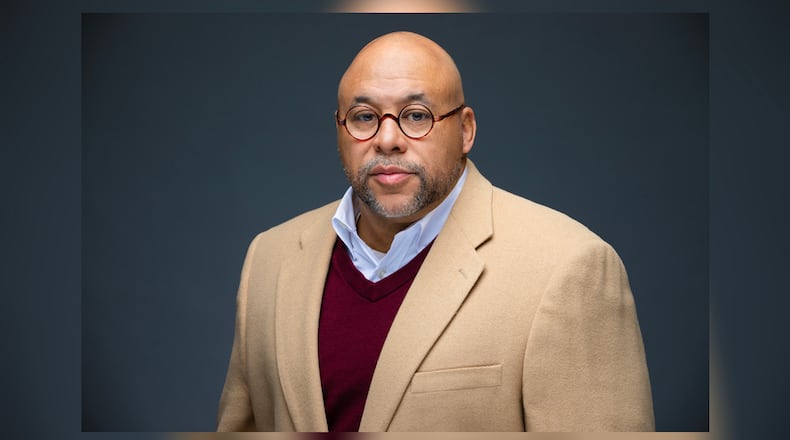Barriers and Decisions
When answering this question, my first instinct is to state that many men had fathers who were not positive role models, so they did not have a good example to follow. While that is often true, many colleagues who work in the fatherhood industry have shown me that they are just as motivated by their lack of a strong father figure as I am by my proficient dad. I may feel obligated to pay it forward, but they are determined to make sure other sons and daughters do not grow up with the void they felt and, in many cases, still feel.
Thus, we cannot completely chalk up the struggles of fathers are because they were not shown how to be a good role model. Barriers and difficult life decisions that men face must be considered. The most common obstacles are well known in our community: lack of education, child support arrearages, unfavorable background checks that make obtaining gainful employment difficult, drug use and mental health challenges, to name a few. Less understood are the choices many people have to make as a result of fewer resources.
Local organizations have funded and executed an experience known as the Cost of Poverty Experience (COPE). In a COPE session, social servants, many of whom lament the fact that clients need to make better choices, go through an exercise in which they are citizens with limited resources, exposing them to the types of tough decisions folks make every day. This eye-opening half-day exercise routinely brings social servants to tears as they realize for the first time why their clients may be late, upset or even rude.
I recently worked with a father who was having trouble finding employment due to an arrest record. Upon investigation, I learned that his crime was stopping his mother’s abusive boyfriend from hitting her. Did he make a bad choice? Is he a good role model for his children?
What can we all do?
I am proudly the County’s Fatherhood Director, so there are a multitude of things I can do to help dads. I have education, experience and resources behind me. But it takes more than a few of us. How can we all support fathers and help them be positive role models? The following is not an exhaustive list, but a few things community members can do to support dads, which will lead to healthier, happier, more productive children:
- Speak positively about fathers, especially around kids
- Attend events that celebrate Fatherhood
- Support the children of single fathers
- Ask fathers about their children
- Every time you ask a child about their mom, ask about their dad
- Challenge fathers to be their best
Yes, fathers should be good role models, but it will only happen once we show them that they are supported and they have a vital their role in their children’s lives.
Dr. Michael Newsom is the Montgomery County Fatherhood Director.
About the Author
